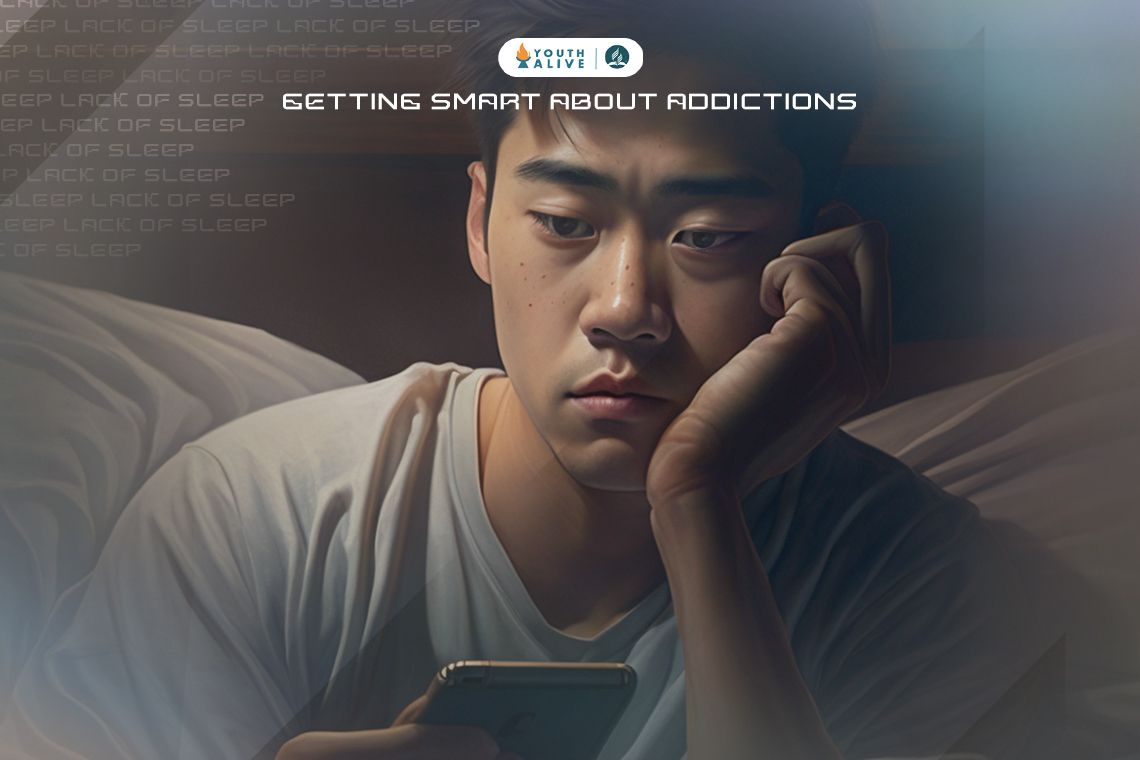Young people are spending more time on social media and getting less sleep than they used to. Time spent on electronic devices, especially in the evening, is associated with both less sleep and poorer sleep quality. Additionally, teens are more likely to use social media late into the night. Has that ever happened to you?
The Consequence
Not getting enough sleep is associated with higher rates of depression, anxiety, and suicidal thoughts and actions. Depression and anxiety rates have increased over the past decade among teens who are spending more time on social media.
Lack of sleep isn’t the only issue with social media. According to a former employee at Facebook, their internal research has found that as many as 1 in 3 teenage girls have worse body-image issues, depression, and anxiety from using social media such as Instagram. Time spent on Instagram can lead to comparing yourself to others’ lives and hurting your self-esteem.
What Can You Do
Though we all fear missing out on trends, balance is the best approach to how we spend our time online. Make it your goal to limit your use of the Internet to only certain platforms and for certain amount of time each day. It is recommended to either turn off portable devices or at least put social media on silent at night so that it won’t hinder your sleep. Keep social media usage to less than 10 hours per week. Your phone keeps track of how much time you spend on your various apps, so watch your time spent on social media and playing games. Install an app that tracks your sleep and exercise, such as Fitbit or similar tracking sites. Set restrictions on the amount of time you use social media apps. Make it your goal to get at least eight hours of sleep and an hour of physical activity before you allow yourself to check out your social media apps.
Finding social media balance is crucial to maintain better mental health and reducing the likelihood of high levels of anxiety, depression, and suicidal behavior in teens and adults alike. If you have noticed a particular platform triggers negative emotions or feelings, stop using it. It is easier than you think to stop. You will find there are lots of ways you can connect with others—and personal connections area always better than online.
Impact of Faith: The Bible teaches us, “Do not be conformed to this world, but be transformed by the renewing of your minds, so that you may discern what is the will of God—what is good and acceptable and perfect” 9Romans 12:2, NRSV). Social media is a great way to connect with others, but it can make us more concerned about the things of this world. This can cause harm to our physical and mental health. How much better to connect with God in prayer than with people we don’t know via the Internet. Connect with God and renew your mind and discover what is the will of God for your life.
Hisler, G., Twenge, J.M., & Krizan, Z. (2020). Associations between screen time and short sleep duration among adolescents varies by media type: evidence from a cohort study. Sleep Medicine, 66, 92-102.
Twenge, J. M., Cooper, A. B., Joiner, T. E., Duffy, M. E., & Binau, S. G. (2019). Age, period, and cohort trends in mood disorder indicators and suicide-related outcomes in a nationally representative dataset, 2005–2017. Journal of Abnormal Psychology, 128(3), 185–199.
Wells, G., Horwitz, J., & Seetharaman, D. (2021, September 14). Facebook knows Instagram is toxic for teen girls, company documents show. Wall Street Journal. https://www.wsj.com/articles/facebook-knows-instagram-is-toxic-for-teen-girls-company-documents-show-11631620739























